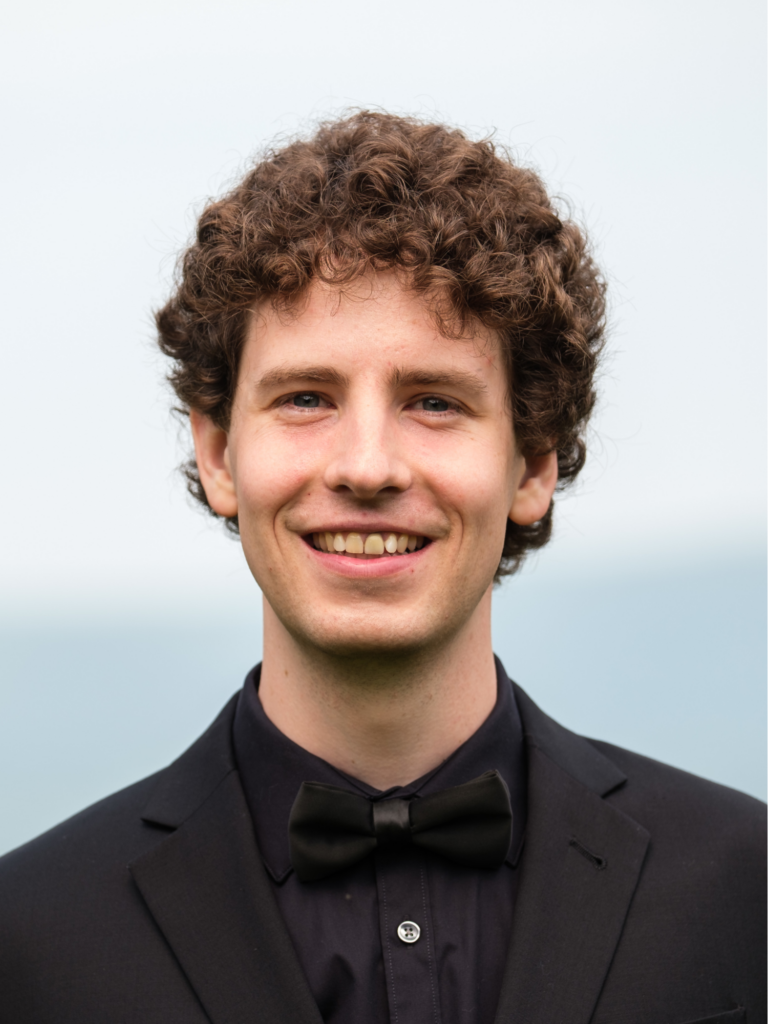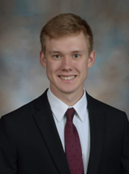Models used to test control software for appliance development are complex and time-consuming to run. Students on the Whirlpool team will develop machine learning models that replicate first-principles models, reducing run time and accelerating product development.
Abstract:
Whirlpool Corporation is committed to being the best global kitchen and laundry company, in constant pursuit of improving life at home. In the early stages of the appliance development process, when physical prototypes are not yet available, Whirlpool is using various modeling and simulation tools to test control software and algorithms following a model-based design approach. In the last stages of the process, the software and control boards are tested under real-time conditions, which adds additional requirements to the models being used. Currently, there are a number of models that cannot be used to perform real-time tests of control software and algorithms because the models are too complex. A promising solution to this problem is to replace the complex first-principles model with a machine learning surrogate model which is simpler to evaluate while still providing the desired accuracy.
The goal for this project is to create a Python tool that performs 3 steps: (1) Automatically generate data from the complex model, so its behavior can be learned. (2) Use the generated data to train a suitable machine learning model that mimics the behavior of the complex model. (3) Evaluate the performance of the generated machine learning model in terms of accuracy and computational complexity.
Impact:
Time to market is a critical business performance indicator. The ability to test control algorithms with simulation models before physical prototypes are available helps to accelerate product development and to find problems early. This project will help leverage existing complex models and simplify them enough to be suitable for real-time testing of control algorithms.
Scope:
Minimum Viable Product Deliverable (Minimum level of success)
- Literature and technology review around first-principles models at Whirlpool and machine learning techniques
- Evaluation and selection of best first candidate component model with input from Whirlpool mentors
- Create a Python tool that will automatically generate data from the selected model to train a machine learning model.
- Design and implement a machine learning model that mimics the behavior of the complex real time model.
Expected Final Deliverable (Expected level of success)
- Evaluate the performance of the machine learning model with respect to the real time model in terms of accuracy and computational complexity.
- Repeat the process on additional more complex model(s).
Stretch Goal Opportunities: (High level of success)
- Repeat the process with a more sophisticated assembly.
- Inject the model with real life data.
- Deploy to a real time system.
Machine Learning (2-3 Students)
Specific Skills: Experience / Strong interest in Machine Learning.
Solid programing experience
Work will be done in Python, experience with C is recommended.
Likely Majors: CS, EE, ROB, Math, CE, DATA
Embedded Systems and Electronics (1-2 Students)
Specific Skills: System identification, power electronics, and rapid prototyping tools like Arduino and Raspberry Pi.
Experience in Python and C and interest in machine learning is a plus.
Likely Majors: EE, CE, ROB
Additional Desired Skills/Knowledge/Experience
- Interest in machine learning and software development.
- Rapid control prototyping tools like Arduino and Raspberry Pi.
- Python required.
- C recommended
- Passion and interest to learn new things, to deal with challenging situations.
- Teamwork experience and collaboration (the final solution will require a good teaming model)
Sponsor Mentors

Jean Rusczak
Jean is a lead engineer in model based design at Whirlpool. He is an Electrical engineer, with an MsC in electrical engineering, specialized in Control Systems, with 13+ years of industry experience. He has actively worked with Classical Control as well as with Advanced Controls and Sensing Techniques, such as Neural Networks, Machine Learning, and new sensors.

Matthias von Andrian
Matthias is a model based design engineer at Whirlpool. He is a chemical engineer with an MsC in chemical engineering, specialized in process modeling. He holds a PhD in chemical engineering from MIT, where his research focused on model predictive control for chemical processes under uncertainties. At Whirlpool, he has worked on refrigeration plant models, as well as development of advanced control algorithms for refrigeration systems.

Evan Bauer
Evan is a model-based design engineer at Whirlpool. He holds a Bachelor’s degree in Electrical Engineering from Rose-Hulman Institute of Technology and a Master’s Degree in Electrical and Computer Engineering from Purdue University. Evan started his career at Whirlpool in the WERLD (Whirlpool Engineering Rotational Leadership Development) Program, where he worked within the advanced software, hardware, laundry, and model-based design teams. He currently works on control algorithms for induction cooktops, as well as supporting prototyping and processor-in-the-loop testing using real-time systems.

Marcelo Invitti
Marcelo is a model-based design engineer at Whirlpool. He is an Electrical Engineer, with an MSc in electrical engineering, specialized in applied electromagnetic modeling and simulation. At Whirlpool, he has worked on electrical plant models for power electronic circuits and magnetic systems, as well as 3D FEM simulations for EMC, induction systems, antennas, and magnetic components.
Faculty Mentor

Peter Seiler
Associate Professor, Electrical Engineering and Computer Science
Peter works in the area of robust control theory, which focuses on the impact of model uncertainty on systems design. He is a co-author of the Robust Control Toolbox in Matlab. He is currently developing theoretical and numerical algorithms to assess the robustness of systems on finite time horizons. He is also investigating the use of robust control techniques to better understand optimization algorithms and model-free reinforcement learning methods.
He joined Michigan in 2020 from the University of Minnesota, where he had been working on advanced control techniques for wind turbines, fault-detection methods for safety-critical systems, and robust control of disk drives.
Work Location: Most of the work will take place on campus in Ann Arbor.
Course Substitutions: CE MDE, ChE Elective, CS Capstone/MDE, DS Capstone, EE MDE, COE Honors, SI Elective/Cognate
Citizenship Requirements: This project is open to all students. Note: International students on an F-1 visa will be required to declare part time CPT during Winter 2024 and Fall 2024 terms.
IP/NDA: Students will sign IP/NDA documents that are unique to Whirlpool.
Summer Project Activities: Students will be guaranteed an interview for a 2024 internship. The interviews will take place before the end of March of 2024.
Learn more about the expectations for this type of MDP project
